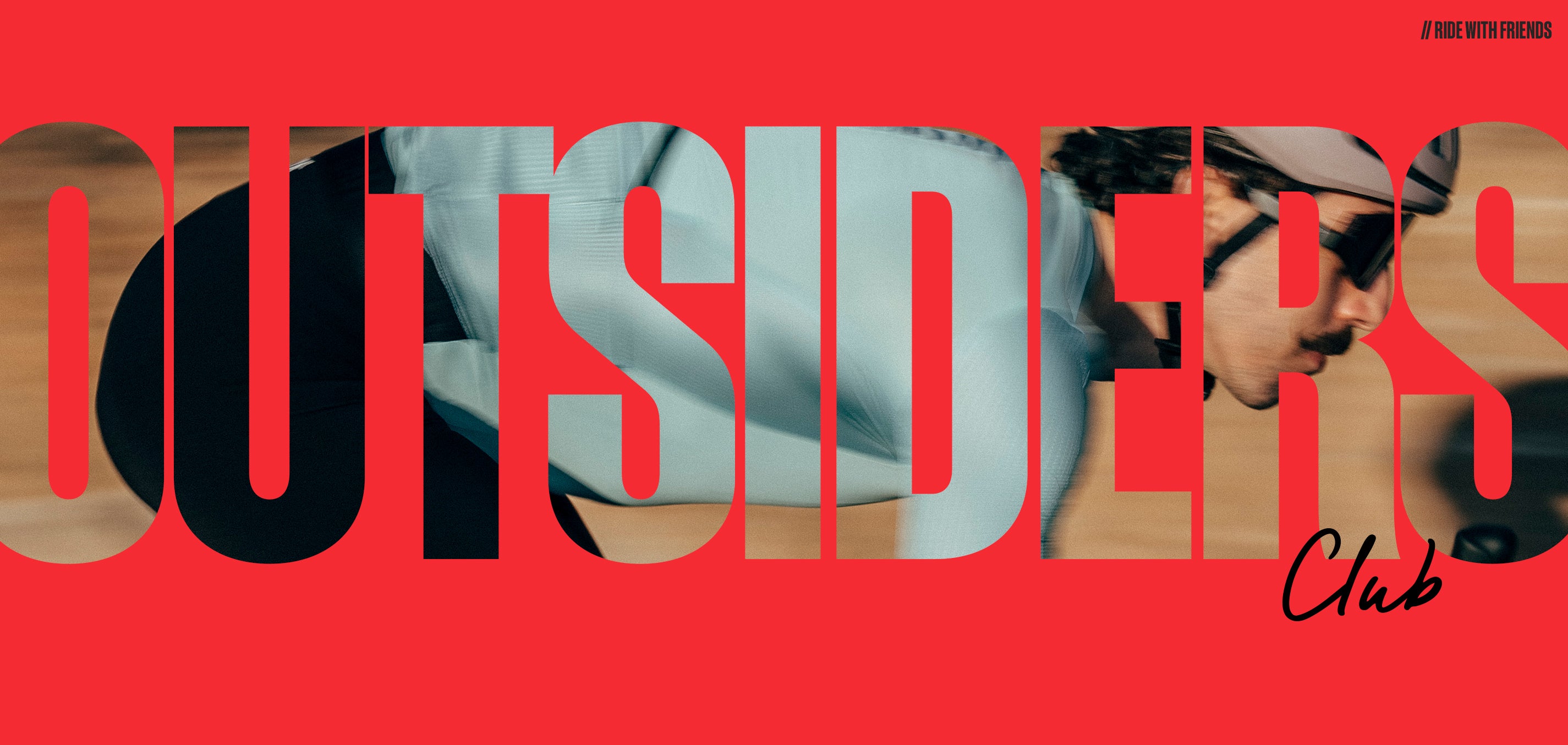Learning to sleep differently.

As part of ‘Brain Week’ 2025, Café du Cycliste brought together ultra-endurance cyclist Adrien Liechti and Vendée Globe sailor Alexia Barrier with top scientists to explore the latest thinking around sleep…
Aside from both being Café du Cycliste athletes, Adrien Liechti and Alexia Barrier have little in common – but, in order to win, both have learned to master their sleep. At a packed Café du Cycliste event, they shared their extraordinary experiences with Thomas Andrillon, a specialist sleep researcher at the French national health and medical research institute, and explained how we can all take control of our sleep … and our own brains.

Sleeping as little as possible, pushing the limits, being among the best, winning. Adrien Liechti rides a lot, he lives on his bike. He is a specialist in the longest, toughest, trickiest and most intimidating races. At the start, he’ll have thousands of kilometres in his legs. His training on the bike is impeccable, but it is often elsewhere that the race is won. Those who have learned to master their sleep will be the strongest. Adrien knows it. He recounted how, on the Atlas Mountain Race in 2020, he gambled on sleeping as little as possible. Over 1,100 kilometres, he only slept three or four hours. It is one of his worst racing memories: his body couldn't keep up, he ended up exhausted, exhausted and unable to place well. A huge disappointment.
By the start of the French Divide in 2022, he'd learned a lot, tamed his body, and taken control of his sleep. The race crosses France by mountain bike diagonally from Bray-Dunes, the northernmost French town, to the Basque Country. 2,200 kilometres off road, 35,000 meters of elevation gain, a pittance. He slept 1.5 hours a day in total. He won the race in 6 days and 23 hours, a time that to this day has still not been equalled. In terms of managing his sleep, Adrien had the perfect race. His memories of races, his experience as a long-distance cyclist, are peppered with anecdotes related to the lack of sleep or sleeping conditions, each crazier than the last.

Pushing the limits of her body and mind is something Alexia also knows. She's learned to tame fatigue, to use her sleep as a variable to be dialled in, a bargaining chip traded for a few precious nautical miles raced. In the Solitaire du Figaro race, she went to extremes. Over a four-day leg, she slept only three times, for eight minutes, and that was it. Three micro-naps of eight minutes each, barely enough to give the illusion of rest. At the finish line, she is still standing, still walking around. The race doctor points out that her arm is a little “bizarre”. and she has a sudden flashback: a wave, a too-fast descent, a sudden fall against the bulkhead. Her shoulder gave way. Dislocated.
Without thinking, she grabbed onto the ladder and put the shoulder back in place, as her physiotherapist had taught her. She had continued to steer, manoeuvring with difficulty and fighting against the elements, convinced that if she wasn’t managing it was only because she lacked strength, training. She was in fact injured; the lack of sleep had gotten the better of her lucidity.

On the Vendée Globe, the rules of the game are different. One hundred days at sea. One hundred days during which a lack of sleep would be suicidal. Going to the limit like in the Figaro? The penalties would be immediate: hallucinations, errors, a fatigue that slowly eats away until it shatters your lucidity. Alexia adjusted her strategy. She controlled her sleep instead of sacrificing it. Micro-naps of eight to forty minutes, and at least a full hour per day, to accumulate between four and six hours of rest every twenty-four. Just enough to avoid slipping into the irrational. She finishes the Vendée Globe, a resounding feat.
Alexia and Adrien both have racing memories marked by these battles against sleep. Sailing and cycling are both learning to sleep differently. Adjusting, calculating, finding that delicate balance between performance and recovery.

























